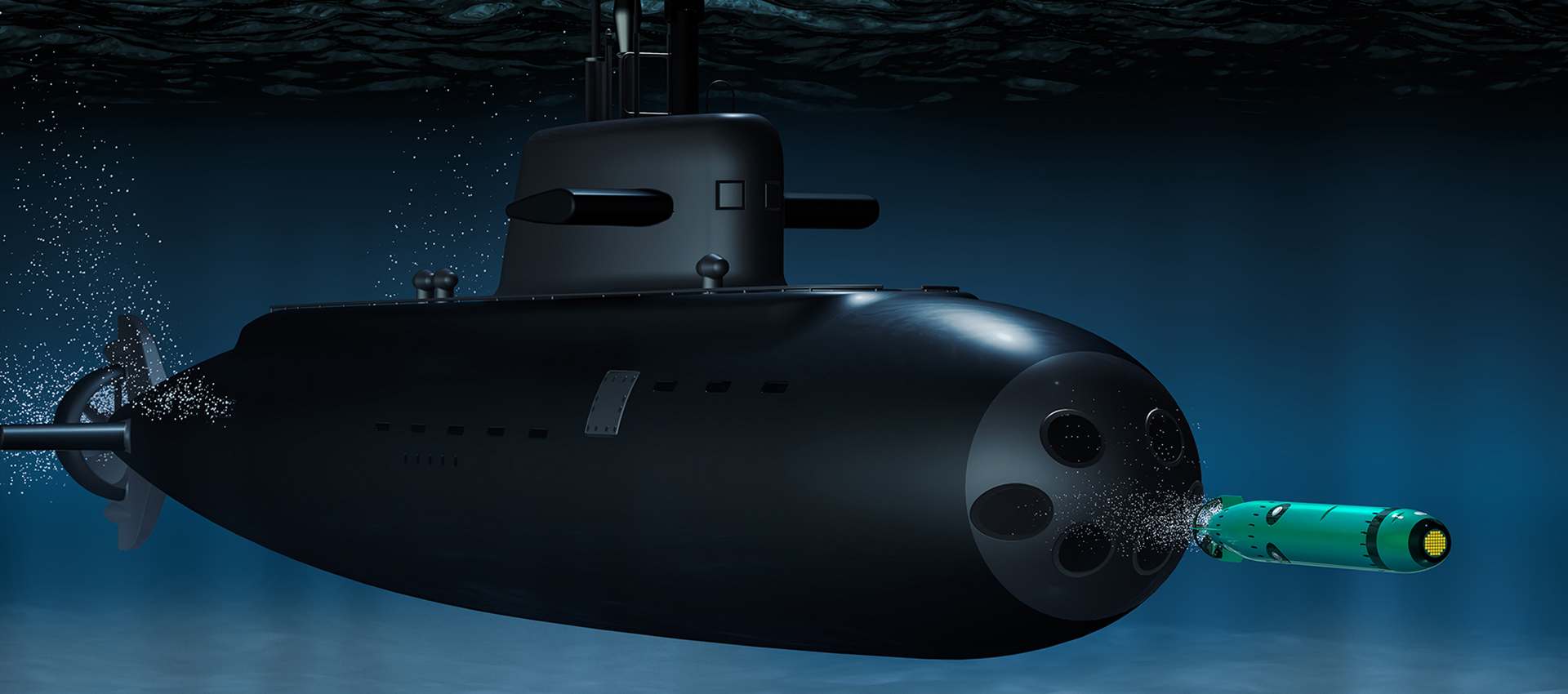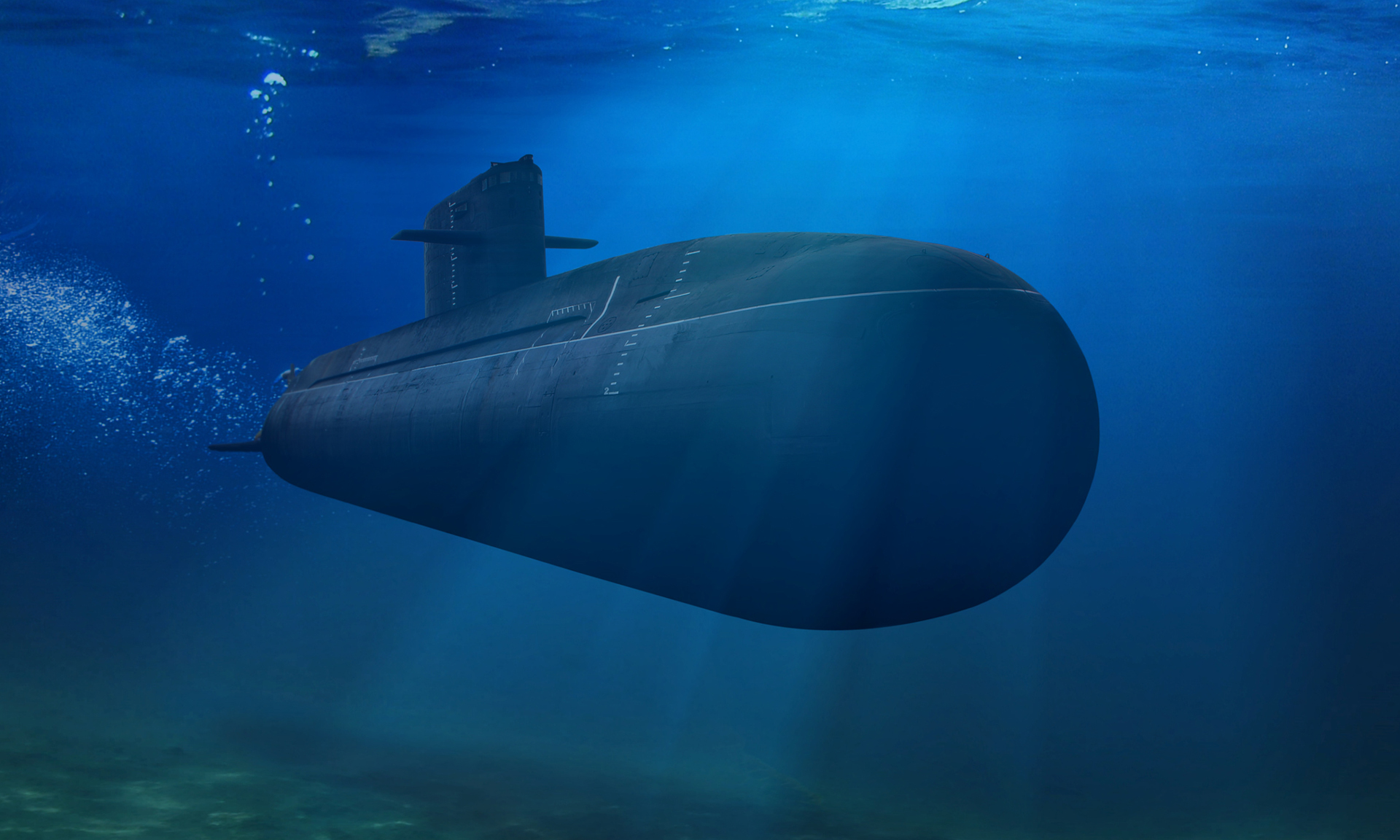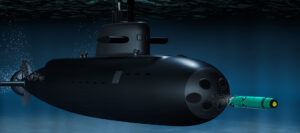Battery Applications
Magnesium has a long history of use in mission-critical battery systems.
It is a lightweight and durable metal with excellent electrical conductivity, making it ideal for applications where high energy density and reliability are essential.

Here are some examples of how magnesium is used in mission-critical battery systems:
Electric motor torpedoes
Magnesium is used in the construction of the battery cases for electric motor torpedoes. Its lightweight and durable properties help to improve the performance and range of these high-speed vessels.
Submarines
Magnesium is used in the construction of battery trays and other components for submarines. Its corrosion resistance and ability to withstand high pressures make it ideal for use in these harsh environments.
Sonobuoys
Magnesium is used in the construction of the casings for sonobuoys, which are used to detect and track submarines. Its lightweight and durable properties help to ensure that the sonobuoys can withstand the rigors of deployment and operation.
Emergency lighting on lifeboats and life vests
Magnesium is used in the construction of batteries for emergency lighting on lifeboats and life vests. Its lightweight and long shelf life make it ideal for these safety-critical applications.
Field rechargers
Magnesium is used in the construction of batteries for field rechargers, which are used to power portable electronic devices in remote locations. Its lightweight and high energy density make it ideal for these applications.
Emergency power
Magnesium is used in the construction of batteries for emergency power systems, such as those used in hospitals and data centers. Its reliability and ability to provide high currents for short periods of time make it ideal for these applications.
Weather measuring equipment
Magnesium is used in the construction of batteries for weather measuring equipment, such as weather stations and buoys. Its lightweight and long shelf life make it ideal for these applications as they are often deployed in remote and harsh environments.

Magnesium is also being investigated as the potential basis for next-generation, high-energy rechargeable batteries. Magnesium-ion batteries have the potential to offer comparable energy density to traditional lithium-ion batteries while being much safer, less complex, cheaper, and made from strategically abundant materials. This makes them ideal for use in electric vehicles, grid-scale energy storage, and more.

Overall, magnesium is a valuable material for mission-critical battery systems due to its unique combination of lightness of lightness, strength, durability, corrosion resistance, and electrical conductivity. It is used in a wide variety of applications, from electric motor torpedoes to weather measuring equipment, and its use is likely to continue to grow in the future.
